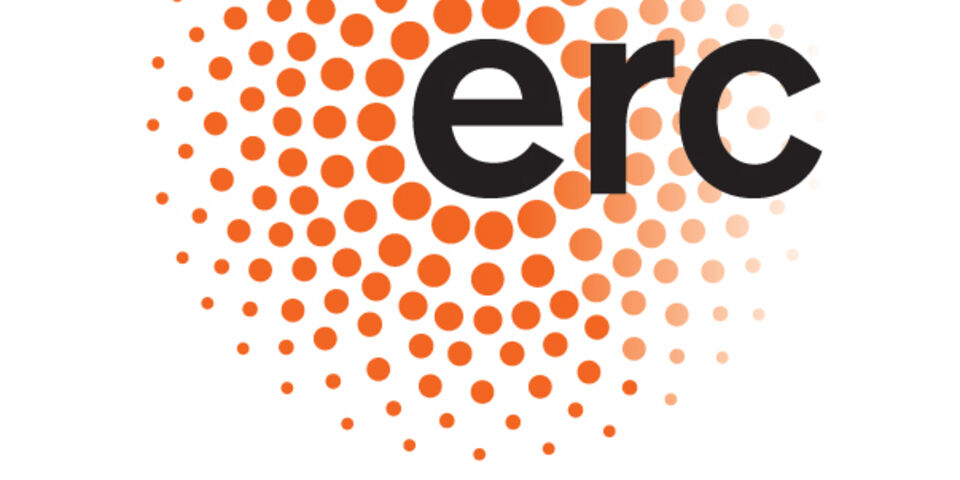Four major European research grants for TU/e
Four researchers at Eindhoven University of Technology (TU/e) will receive Consolidator Grants from the European Research Council (ERC) amounting to a maximum of 2.75 million euros each. Their research focuses on new kinds of nanowires, optimizing fluidized bed reactors, new algorithmic methods and the behavior of droplets on soft materials.
The Consolidator Grants are awarded for the first time this year. They represent the third major individual European research subsidy by the ERC, after the Starting Grants (maximum 2 million) and the Advanced Grants (maximum 3.5 million). The Consolidator Grants are aimed at talented, excellent researchers with 7 to 12 years’ experience after completing their PhD research projects.
The Consolidator Grants go to the following four researchers at TU/e:
Prof.dr.ir. Erik Bakkers (Applied Physics)
Erik Bakkers’ research which receives one of the grants focuses on making high-purity, thin nanowires: lines of material with a width of several tens of nanometers. With his grant of 2.7 million euros, Bakkers intends to use new combinations of materials to make these nanowires. He hopes in this way to discover new fundamental properties.
Bakkers carries out his research in the Photonics and Semiconductor Nanophysics group of the Applied Physics department at TU/e, and he is part-time professor in the Quantum Transport group of prof.dr. Leo Kouwenhouwen at Delft University of Technology. He recently published in Nature Nanotechnology on a structure of crossing nanowires to enable crucial measurements on Majorana particles. Bakkers received a Vici grant from the NWO (Netherlands Organisation for Scientific Research) in 2010.
Dr.ir. Johan Padding (Chemical Engineering and Chemistry)
Johan Padding intends to develop numerical models of the interactions between non-round particles and gases in fluidized bed reactors. These are large vessels in which a gas flow enters at the bottom, lifting the particles inside the vessel as it does so. The reactors are used for applications such as producing biofuels from shredded biomass. Padding hopes that his models will allow the reactor vessels for biofuels to be optimized.
Padding carries out his research in the Multiphase Reactors group of the Chemical Engineering and Chemistry department. In the same group, prof.dr.ir. Hans Kuipers earlier received an ERC Advanced Grant and dr.ir. Niels Deen received an ERC Starting Grant.
Dr. Nikhil Bansal (Mathematics and Computer Science) Nikhil Bansal will use his grant to develop new algorithmic methods to solve fundamental optimization problems, for example in transport logistics, goods allocation and complex networks. In work of this kind it is often not clear why some problems are significantly harder to solve than others. Bansal carries out his research in the Discrete Mathematics group of the Mathematics and Computer Science department. He has already gained a number of awards for his publications, and received a Vidi grant from the NWO in 2012.Prof.dr.ir. Jacco Snoeijer (Applied Physics) Jacco Snoeijer carries out research into what happens when fluid droplets come into contact with fragile nanostructures or soft materials (‘soft wetting’). He intends to use the grant to investigate at molecular level how the surface tension of water droplets interacts with soft materials, and how this influences fluid flows on the macroscopic scale. This work also provides new understanding of the surface properties of materials such as hydrogels and elastomers. Snoeijer is part-time professor in the Mesoscopic Transport Phenomena group of the Applied Physics department, and also works in the Physics of Fluids group at the University of Twente. He received a Vidi grant from the NWO in 2010.
(Source: Press team TU/e)


Discussion